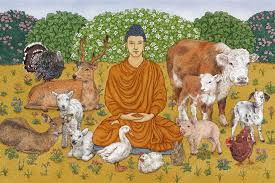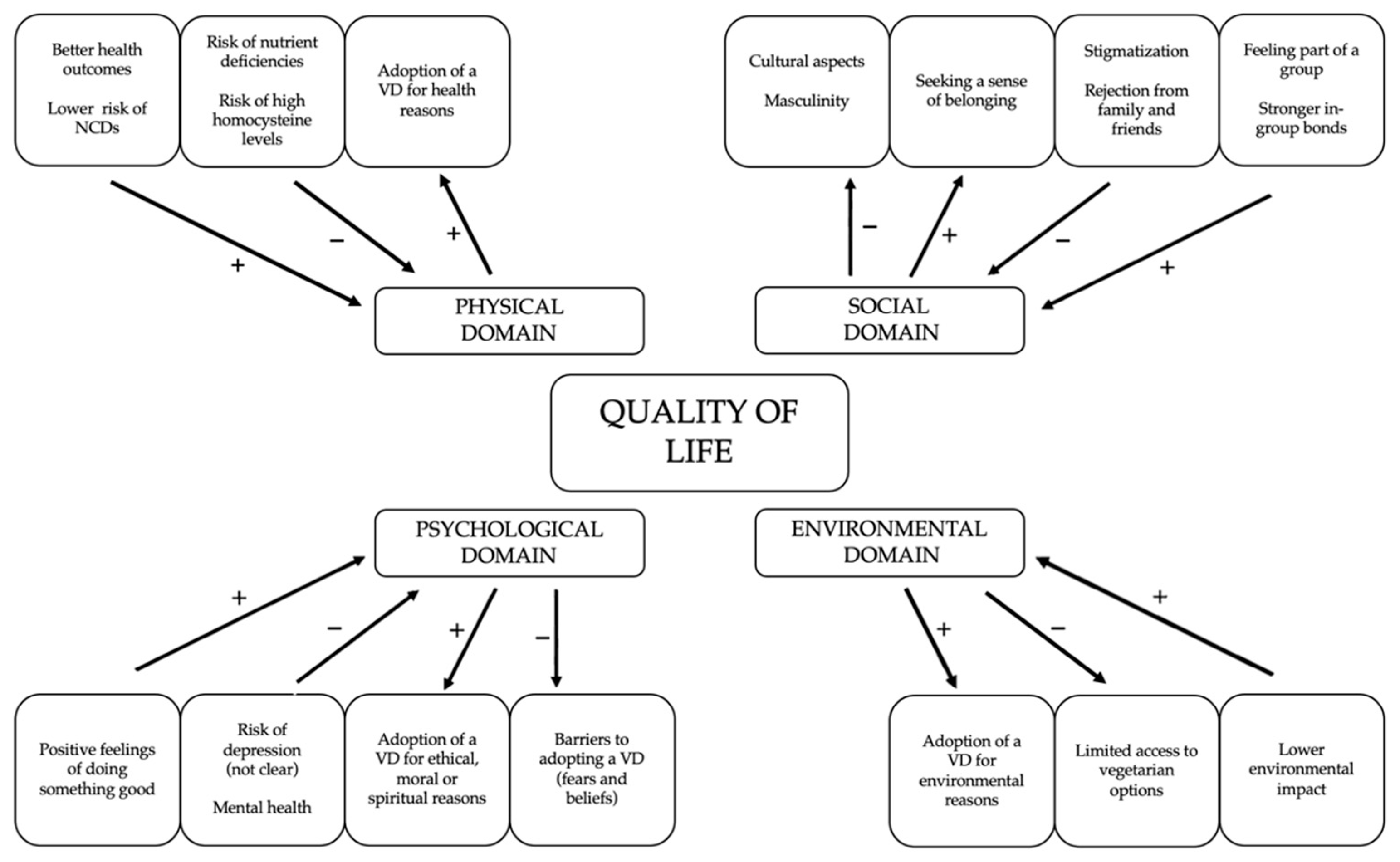
Cultural and Ethical Reasons
While health and environmental concerns are often primary motivators for adopting a vegetarian lifestyle, cultural and ethical values play an equally important role in shaping people’s dietary choices. Throughout history, vegetarianism has been closely connected to various cultural and religious traditions, as well as to broader ethical movements that challenge the treatment of animals in industrial food systems. Understanding these cultural and ethical perspectives provides deeper insight into why many individuals choose to abstain from meat and how their choices reflect a commitment to values such as compassion, non-violence, and social justice.

Cultural practices and religious beliefs have long influenced vegetarianism across different societies. In many spiritual traditions, abstaining from meat is viewed as an expression of respect for life and a way to cultivate inner peace. For example, in some branches of Christianity, particularly within monastic communities, vegetarianism has been practiced as a form of spiritual discipline, reflecting a commitment to simplicity, humility, and care for creation (Clooney, 1979). Clooney (1979) argues that while vegetarianism may not be central to all religious teachings, it can serve as a meaningful way for individuals to embody their faith in daily life, connecting spiritual beliefs with concrete practices like food choices. This perspective aligns with the idea that diet is not merely a matter of personal preference but a reflection of deeper moral and spiritual commitments.
Beyond religious contexts, vegetarianism is also deeply intertwined with ethical arguments about animal welfare and rights. Simons (1996) highlights that choosing a vegetarian lifestyle often represents a deliberate act of resistance against the commodification of animals and the industrial systems that profit from their exploitation. For many vegetarians, the decision to avoid meat stems from a belief that animals have intrinsic value and should not be treated as mere resources for human consumption. Simons (1996) emphasizes that rejecting a diet built on the suffering of sentient beings is not only an expression of personal ethics but also a political stance that challenges broader societal norms. This view is supported by the growing body of literature on animal rights, which argues that the capacity for suffering—not species membership—should be the primary consideration in determining how animals are treated.
Cultural narratives also shape how vegetarianism is perceived and practiced in different communities. While in some cultures, vegetarianism is celebrated and widely accepted, in others, it can be met with resistance or viewed as an unconventional choice. In Western societies, for example, meat has often been associated with strength, masculinity, and social status, making vegetarianism a countercultural act that challenges dominant food traditions (Simons, 1996). However, this perception is gradually changing as more people become aware of the ethical issues surrounding animal agriculture and as plant-based diets gain mainstream acceptance. The increasing availability of vegetarian options in restaurants, grocery stores, and media reflects a shifting cultural landscape where plant-based eating is no longer seen as fringe or radical but as a thoughtful and responsible choice.

Ethical vegetarianism is also closely tied to concerns about global justice and equity. Clooney (1979) discusses how the production of meat often involves inefficient use of land, water, and other resources, contributing to hunger and food insecurity in many parts of the world. Producing animal-based foods requires far more inputs than growing plants directly for human consumption. For instance, large amounts of grain are grown to feed livestock rather than to nourish people, a system that prioritizes profit over basic human needs. By choosing a vegetarian diet, individuals can reduce their participation in this system and align their eating habits with values of fairness, sustainability, and solidarity with those who are most affected by food scarcity.
Moreover, adopting a vegetarian diet can be a form of cultural activism, challenging the dominant narratives of industrial food systems and promoting alternative ways of thinking about food, community, and well-being. As Venkatraman et al. (2023) note, plant-based diets are often associated with a broader movement toward conscious consumption—one that questions the social and environmental impacts of everyday choices. For many vegetarians, eating is not just about nourishment but also about making choices that reflect care for animals, people, and the planet. This perspective fosters a sense of interconnectedness and responsibility, encouraging individuals to consider how their actions, no matter how small, can contribute to larger social and ethical transformations.
It is also important to acknowledge that the cultural and ethical motivations for vegetarianism are not always universal. In some cases, cultural traditions may include meat as a central part of meals and identity, creating challenges for those who wish to adopt a vegetarian diet. Navigating these tensions requires sensitivity and respect for diverse food cultures while also recognizing the shared ethical concerns that transcend cultural boundaries. Conversations about vegetarianism can become opportunities for dialogue, reflection, and learning, fostering greater understanding of how food choices intersect with values, traditions, and social norms.
In essence, the cultural and ethical dimensions of vegetarianism reveal a complex and deeply human story—one that is shaped by spiritual beliefs, moral convictions, cultural narratives, and a desire for a more compassionate and just world. By choosing plant-based diets, individuals align their daily practices with a vision of life that honors the interconnectedness of all living beings and promotes a more equitable, sustainable future. As awareness of these issues continues to grow, vegetarianism is increasingly recognized not just as a dietary choice but as a meaningful way to live in harmony with the values of kindness, justice, and respect for all forms of life.
On this page
- Religious traditions influencing vegetarianism
- Ethical perspectives on animal rights
- Cultural narratives and social change
